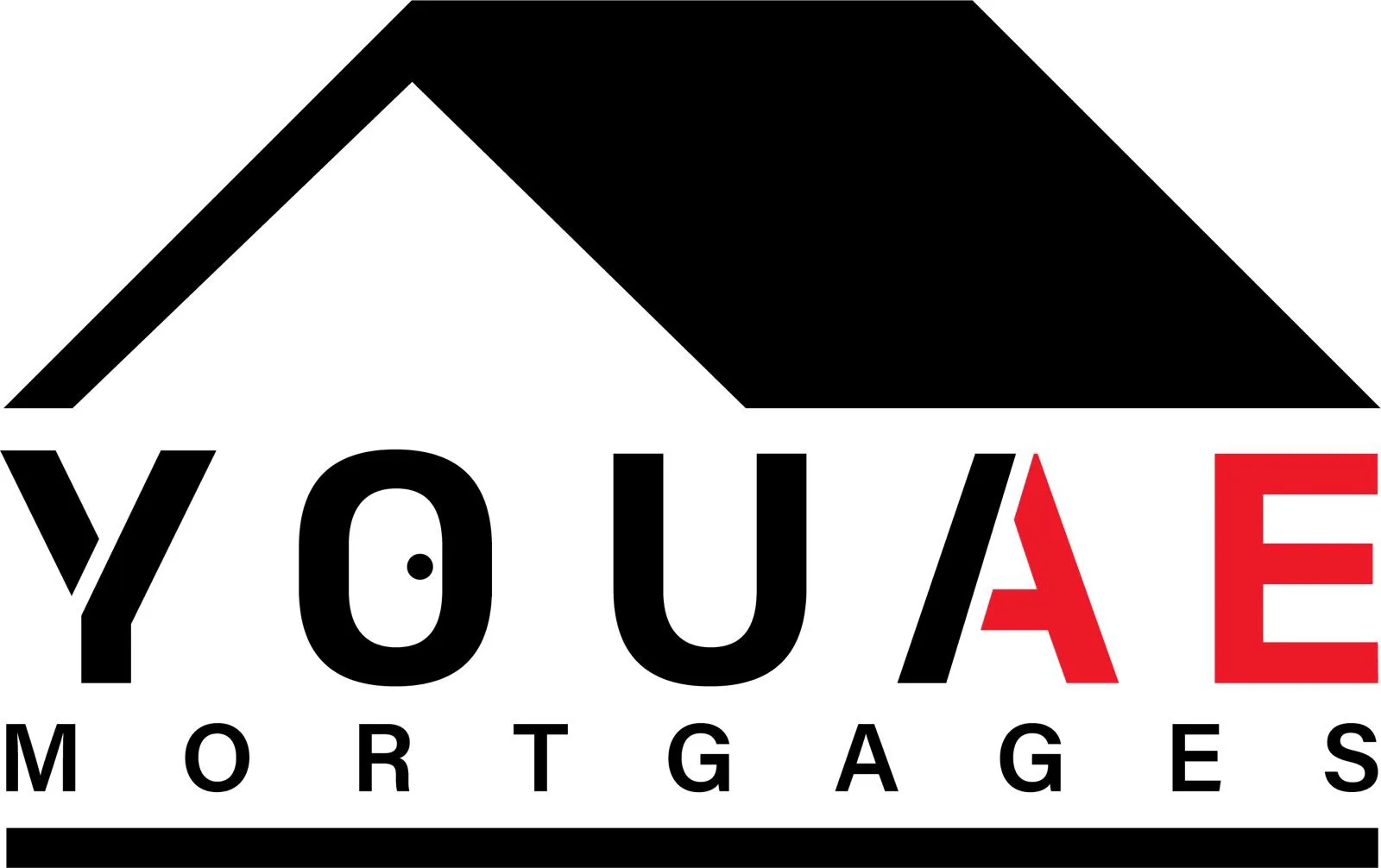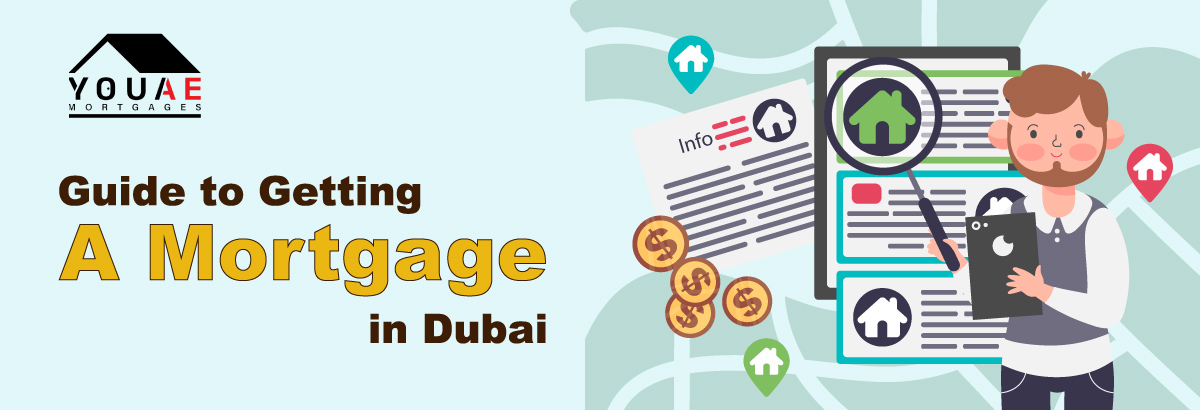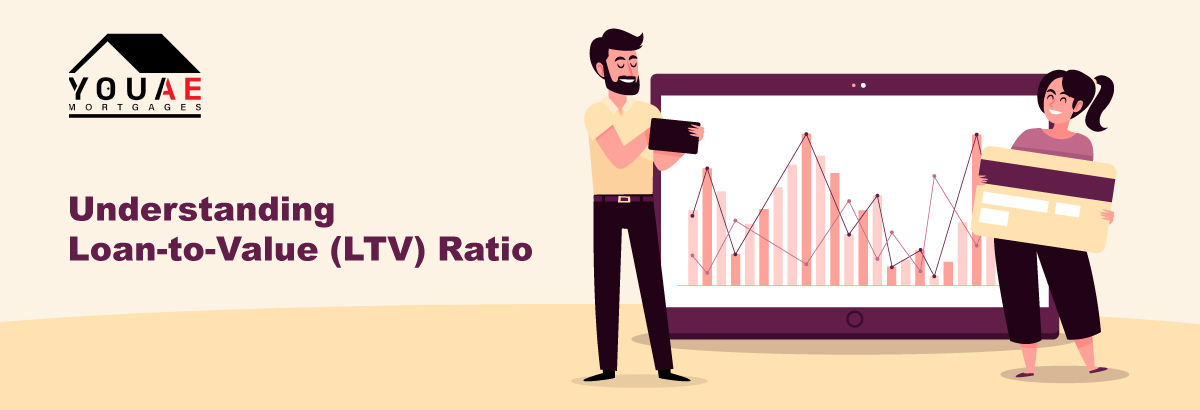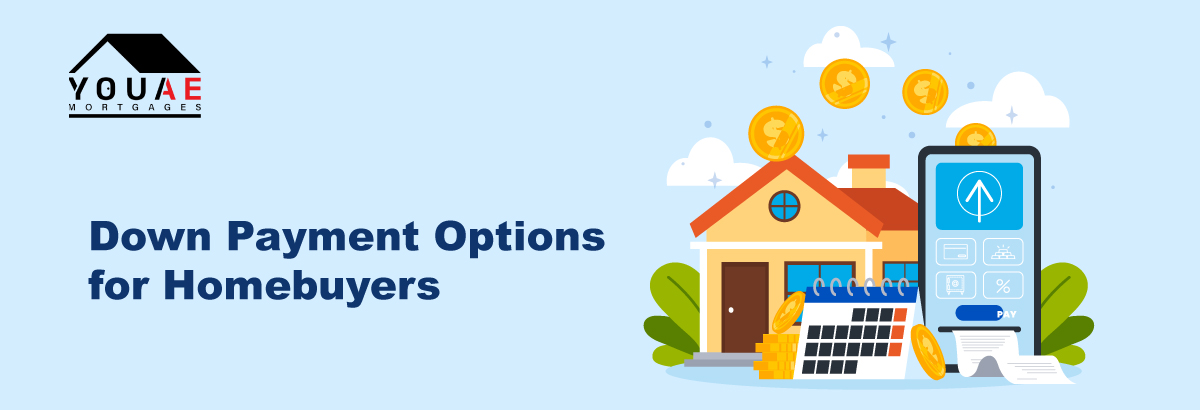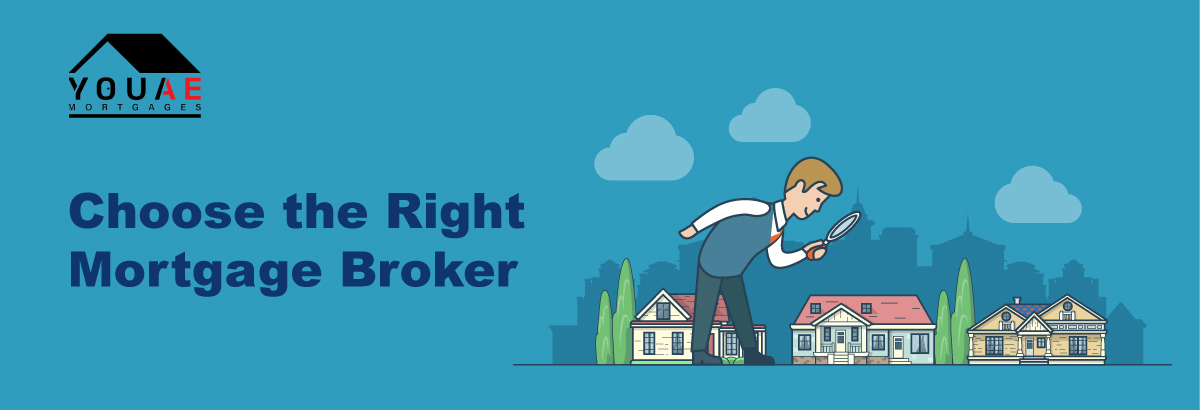People around the world dream of buying a property in Dubai, setting up a business in the UAE and a whole lot of other opportunities. All those opportunities can be concealed with cash or mortgage. A cash investment may be overall more cost-effective, a mortgage allows you greater flexibility in terms of how you manage your finances.
In this article, today we will try to answer all your questions step by step so that you get a detailed idea of mortgage investment in Dubai, UAE.
Types Of Mortgage
There are several types of mortgages available in Abu Dhabi, UAE market, each with its own features and benefits. Here are some common types of mortgages in the UAE:
Read also: Benefit of mortgage broker.
Fixed-Rate Mortgage
A fixed-rate mortgage is one of the most popular types of mortgages in the UAE. With a fixed-rate mortgage, the interest rate remains constant throughout the loan term, which can range from 5 to 30 years. This offers borrowers predictability in their monthly mortgage payments, as the interest rate does not change with market fluctuations. Fixed-rate mortgages provide stability and are especially suitable for those who prefer steady payments and protection against rising interest rates.
Variable-Rate Mortgage (Adjustable-Rate Mortgage – ARM)
A variable-rate mortgage, also known as an adjustable-rate mortgage (ARM), is another prevalent option. With this type of mortgage, the interest rate is linked to a benchmark index, such as the EIBOR (Emirates Interbank Offered Rate). As the index changes, the interest rate on the mortgage may fluctuate, resulting in varying monthly payments. Variable-rate mortgages often come with an initial fixed-rate period, after which the rate adjusts periodically. While borrowers may benefit from lower interest rates during times of declining markets, there is also the risk of higher payments if interest rates rise.
Islamic Mortgage (Musharaka or Ijara)
Islamic mortgages adhere to Sharia-compliant principles, which prohibit the charging of interest (riba). Instead, banks and borrowers enter into arrangements such as Musharaka (co-ownership) or Ijara (lease). In Musharaka, the bank and the buyer jointly own the property, and the buyer gradually buys the bank’s share over time. In Ijara, the bank buys the property and leases it to the buyer with a rent agreement. The bank’s profit comes from rental income or profit-sharing rather than interest.
Buy-to-Let Mortgage
A buy-to-let mortgage caters to property investors who purchase properties with the intention of generating rental income. These mortgages often have different terms and interest rates compared to mortgages for owner-occupiers. Lenders assess the property’s potential rental income and the borrower’s ability to repay the mortgage based on the expected rental cash flow.
Off-Plan Mortgage
Off-plan mortgages are specific to properties that are still under construction or not yet built. These mortgages allow buyers to secure financing for properties that are part of new developments. The financing terms are often based on the developer’s payment plan, and disbursements are made at different construction milestones.
Residential Mortgage
Residential mortgages are the most common type in the UAE and are used for purchasing residential properties for personal use. These mortgages can be applied to apartments, villas, townhouses, or other residential properties.
Commercial Mortgage
Commercial mortgages are designed for purchasing commercial properties, such as offices, retail spaces, warehouses, or industrial units, for business purposes. Lenders assess the commercial property’s income-generating potential and the borrower’s ability to service the loan from business revenues.
Land Mortgage
Land mortgages provide financing for the purchase of vacant land with the intention of building a property on it later. These mortgages typically have different terms than residential mortgages, given the unique risks associated with undeveloped land.
Eligibility for getting a mortgage in Dubai
Either you want a home loan in Dubai or want a mortgage loan from companies firstly you need to meet the eligibility criteria according UAE legal policy. The must criteria are:
- A UAE national or resident
- Aged between 21 and 65
- Have a monthly income of AED 15K (salaried) and AED 25k (self-employed)
Non-residents can also explore mortgage options in Dubai. However, their choices are limited as very few banks deal with home loans for non-resident property buyers. In that case they need to consult with legal consult or legal mortgage broker.
It has to be noted that banks may have additional requirements for mortgage eligibility like minimum period served at the current job or working for a certain set of employers for verification purposes.
Required Documents for Mortgage application
Anyone willing to buy property or get a mortgage in Dubai starts with a formal application. After this the applicant has to submit their legal papers according to requirement. You need the following documents:
- A copy of your visa and passport
- A copy of your Identity Card
- A salary certificate for proof of employment
- Proof of residence
- Pay slips and bank statements for the past six months
- The latest statements of your credit cards
- Your bank statements for at least past three months
Mortgage application requires proper Documentation and Process. We have another piece of writing explaining the whole documentation requirement in a nutshell.
Getting a mortgage in Dubai step by step
Step 1: Find a Lender
When it comes to choosing your mortgage, it is best to know all your options. That’s why we recommend working with a reputable mortgage partner rather than just settling for whatever mortgage your bank offers.
Mortgage brokers are the best option in this case because they have detailed and brief ideas about the local market and mortgage rates. Also discussing with several lenders you will also get insightful thoughts which will help you to get a fair interest deal. Negotiating with Mortgage brokers also helps you to get a better deal.
Step 2: Choose the Perfect Mortgage for You
You cannot just go for any kind of mortgage anyone tells you. It needs to suit you so that in future you don’t face any problem paying the interest rate. While choosing your mortgage you need to focus on few things like
- The loan amount you need
- Interest rate
- The property you want to buy
- The amount of your down payment
Websites and banks have their own ‘mortgage calculator’ nowadays. You can easily calculate your interest and monthly installments to be paying.
Step 3: Pre-Approval Letter and Property Purchase
Pre-approval is an official agreement from the bank that your loan amount has been approved. It confirms the estimated loan amount you qualify for and strengthens your position as a serious buyer. Pre-approval is valid for 60 days from the day it’s issued and relaxation as a buyer, now you are eligible for financing for the property you want.
When a property purchase is finalized, the buyer and seller will need to sign a Memorandum of Understanding (MOU), or Form F (Sales & Purchase Agreement).
At this point, the bank will conduct a valuation to determine the exact value of the property and the subsequent mortgage amount, following which a final approval letter will be issued.
In conclusion, navigating the mortgage process in Dubai requires careful planning, research, and preparation. This comprehensive guide has provided you with key steps and considerations to help you successfully obtain a mortgage in Dubai. From understanding the mortgage market and assessing your financial situation to saving for a down payment and working with reputable lenders or mortgage brokers, each step is very important in ensuring a smooth and successful mortgage journey.
What is the use of Mortgage in Dubai?
In Dubai, as in many other parts of the world, a mortgage is a financial tool that enables individuals or businesses to purchase property by obtaining a loan from a bank or a financial institution. Mortgages play an important role in the real estate market in Dubai and are commonly used by residents and expatriates to finance their property acquisitions.
You can purchase property in Dubai-
A mortgage allows individuals to purchase property in Dubai without having to pay the entire purchase price upfront. Instead, they can secure a loan from a bank and repay it over a specified period, typically ranging from 5 to 25 years. This enables buyers to become property owners and build equity over time.
Your affordability increases to get offers-
Dubai’s real estate market offers a wide range of properties, including residential homes, apartments, and commercial spaces. Mortgages make these properties more accessible and affordable to a larger segment of the population, as buyers can spread out their payments over an extended period.
Investment Opportunities increases-
Mortgages in Dubai also present investment opportunities. Individuals can purchase properties with the intention of generating rental income or benefiting from potential appreciation in property values. By leveraging mortgage financing, investors can use their available capital to invest in multiple properties or diversify their real estate portfolios.
Is mortgage halal or haram?
This is a very important question for interested muslim customers. In general,
Traditional mortgages, which involve the payment or receipt of interest, are not considered permissible in Islamic finance.
Alternative financing models have been developed that comply with Shariah principles and are commonly referred to as Islamic mortgages or Islamic home financing.
Islamic mortgages follow different structures that align with the principles of Shariah law. The most commonly used structures are:
Murabaha: This is a cost-plus financing arrangement where the lender purchases the property and then sells it to the borrower at a higher price, payable in installments over an agreed period.
Musharakah: This is a joint partnership arrangement where the lender and the borrower contribute funds towards the purchase of the property.
Ijara: This is a lease-to-own arrangement where the lender purchases the property and leases it to the borrower for a specific period.
Can a Non-Resident get a mortgage loan in Dubai?
The answer is yes. Overseas investors who want to purchase a property in Dubai to add to their real estate portfolio, or as a holiday home, can certainly get a mortgage.
Eligibility Criteria for Non-Resident in Dubai
Before you apply for a mortgage in Dubai for non-residents, make sure you meet the eligibility criteria first-
- You may have to be a citizen of a country that is on the bank’s list before applying for a non-resident home loan in Dubai
- You must be a salaried or self-employed individual to apply for a non-resident mortgage
- Some banks also have age restrictions for applicants seeking a non-resident mortgage in Dubai. For instance, ADCB requires non-resident applicants to be above the age of 25 years to apply for a home loan.
- You will also need to meet the bank’s minimum monthly income requirement; this can differ between UAE expats and non-residents. Additionally, this minimum income requirement must be met post tax deductions. For example, ADCB requires non-residents to have a monthly income of at least AED 25,000 (post-tax) to qualify for their mortgages.
- Some banks also have a list of property developers and projects that are approved for mortgage financing. You must make sure that your property falls under this approved list before applying for a mortgage.
Documents for Non-Residents to Apply for Mortgage
Non-Resident applicants will have to submit the following documents for home loans in Dubai:
- Valid passport (as proof of identity)
- Bank statements (for the last 3 to 6 months; as proof of funds)
You may be asked to produce additional documents to get a home loan for non-residents in Dubai, such as:
- Tax returns (if applicable)
- Salary certificates or payslips (if you are a salaried individual)
- Trade licence and audited financial statements (if you are self-employed)
- Details of any existing loans
Can self-employed individuals get mortgages in the UAE?
The majority of people that are self-employed are either independent contractors (aka freelancers) or business owners, including company owners, entrepreneurs, and CEOs. For those of you that are self-employed and looking to buy a property or invest in real estate in the UAE, you may be wondering if you can take out a mortgage loan given your unique financial situation.
The great news is that many lenders in the UAE offer loans to self-employed borrowers. Since self-employment can come with less income stability and security, lenders will consider you a higher-risk borrower and take extra consideration before agreeing to finance your purchase.
Some of the factors that will likely vary are the lending conditions, required documentation, and length of the process.
Hope we have covered all your queries. Still people are bound to have some questions in their mind. So here is more answer in brief for your acknowledgement
Final Words
Obtaining a mortgage in Dubai requires careful preparation, research, and professional guidance. Understanding eligibility criteria, comparing mortgage options, gathering necessary documentation, and considering the services of a mortgage broker are important steps.
Reviewing and understanding the terms and conditions before signing is essential. With these steps, you can increase your chances of successfully securing a mortgage in Dubai and achieving your property ownership goals. Please contact YOUAE Mortgages to understand how to get a Mortgage in Dubai in detail.
Hope you have read this article fully and got a better understanding of getting a mortgage. But the human mind is a lot smarter than anything, so if you still have any questions or need guidance we will be here to assist you.
Bonus Part: Common Misconceptions About Mortgage Brokers
